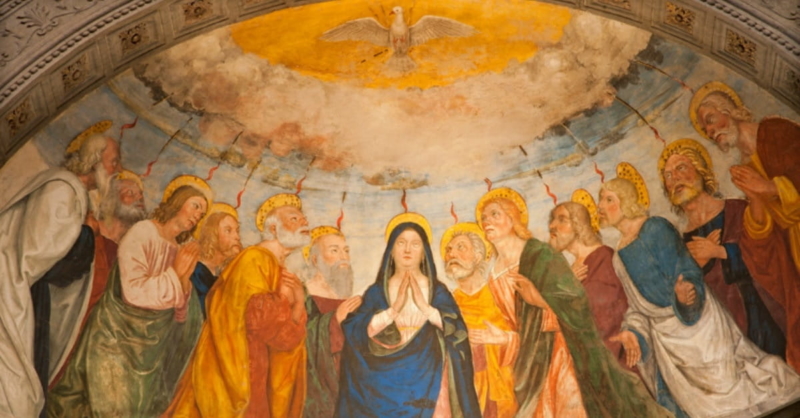
The lives of the saints capture us because they are full of examples of heroism. From the beginning of their conversions, locked up in cells or dungeons, to their being stripped away from their families, to traveling far and wide (sometimes appearing in two places at the same time), to preaching to people on the way (and to birds and fishes, in the case of St. Francis and St. Anthony), to fighting for the right to live their lives as they were called (St. Clare, St. Veronica), to accepting their afflictions as God’s way of loving them (Blessed Margaret, Padre Pio), and to persisting to the end, sometimes with no sign of success (St. Catherine) — in all of this, the saints can seem superhuman. But we need to remind ourselves that a saint’s humanity is composed of interior and exterior valor.
Saints recognize the darkness as ways of smothering the light, and they take responsibility by looking deeply into their interior for where that darkness might live in them. They can, due to spiritual training, discern God’s word in their lives; they know when to go into action and when to be still, in retreat and contemplation; they know when a decision has to be made or when not; they can deal with the emergencies of life, and they even welcome death as the ultimate embrace. They are leaders and they are lovers. They lead by their example to be the heart of God in the presence of others, and they are witnesses to eternity, seers of the “bigger picture,” of the canvas of divine reality.
Underhill said of the saints that they are
specialists in a career to which all Christians are called. They have achieved, as it were, the classic status… The difference between them and us is the difference in degree, not in kind. They possess, and we most conspicuously lack, a certain maturity and depth of soul caused by the perfect flowering in them of self-oblivious love, joy, and peace. We recognize in then a finished product, a genuine work of God. But this power and beauty of the saints is on the human side simply the result of their faithful life of prayer, and is something to which, in various degrees, every Christian worker can attain. Therefore we ought all to be a little bit like them, to have a sort of family likeness, to share the family point of view.
Excerpt from the Introduction to Traveling with the Saints in Italy.
Resources: Vardey, Lucinda. Traveling with the Saints in Italy: Contemporary Pilgrimages on Ancient Paths. (Paulist Press: Mahwah, NJ), 2005.








Leave A Comment
You must be logged in to post a comment.